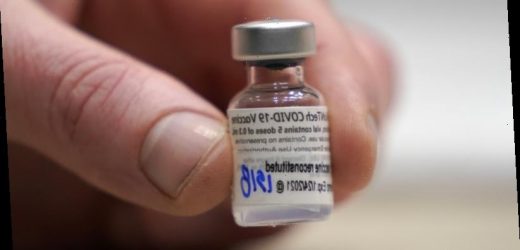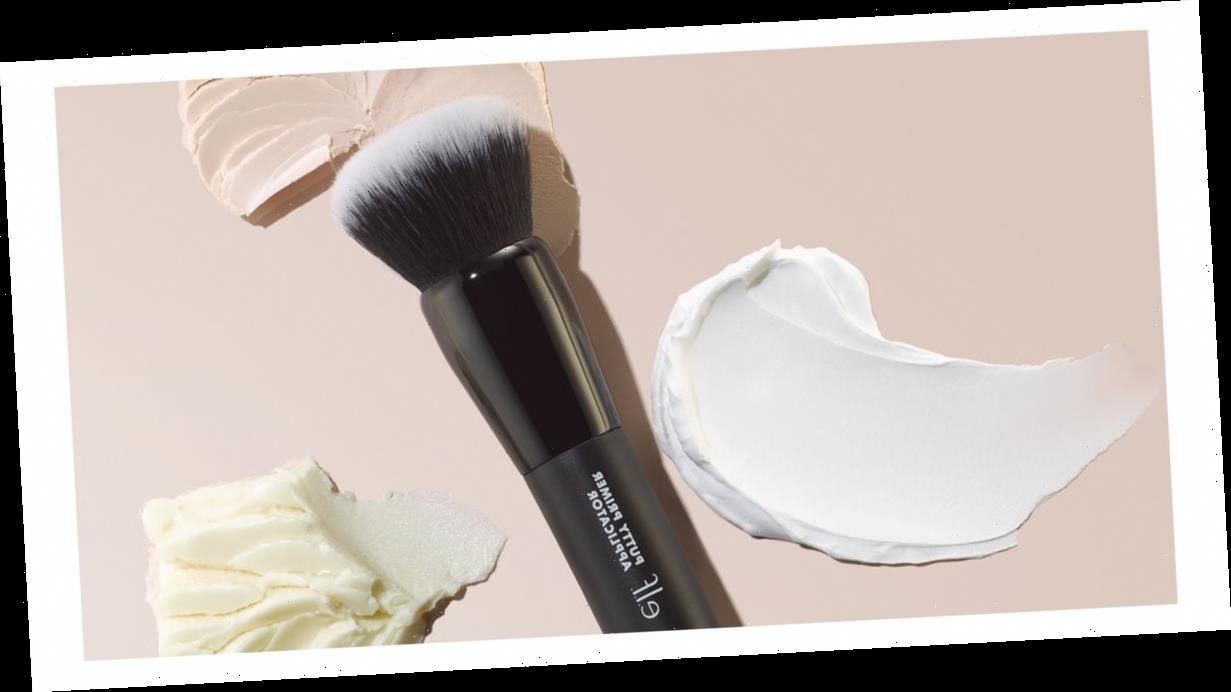Two positive developments this week could potentially expand access to the Pfizer-BioNTech COVID-19 vaccine around the world.
A study in Israel showed that the vaccine is robustly effective after the first shot, echoing what other research has shown for the AstraZeneca vaccine and raising the possibility that regulators in some countries could authorise delaying a second dose instead of giving both on the strict schedule of three weeks apart as tested in clinical trials.
Pfizer and BioNTech said their vaccine can be stored at standard freezer temperatures for up to two weeks.Credit:AP
Although regulators in the United States have held fast to the requirement that people receive two doses of the Pfizer-BioNTech vaccine three weeks apart, the British government decided to prioritise giving as many people as possible an initial dose, allowing delays of up to 12 weeks before the second dose. The Israeli study could bolster arguments for emulating that approach in other countries.
The Food and Drug Administration did not immediately comment on whether the new data would affect its recommendations.
Published in The Lancet on Thursday and drawing from a group of 9100 Israeli health care workers, the study showed that Pfizer’s vaccine was 85 per cent effective 15 to 28 days after receiving the first dose. Pfizer and BioNTech’s late-stage clinical trials, which enrolled 44,000 people, showed that the vaccine was 95 per cent effective if two doses were given three weeks apart.
(A flurry of recent studies have also suggested that people who have recovered from COVID-19 may not need more than one dose of a vaccine.)
Pfizer and BioNTech also announced on Friday that their vaccine can be stored at standard freezer temperatures for up to two weeks, potentially expanding the number of smaller pharmacies and doctors’ offices that could administer the vaccine, which now must be stored at ultracold temperatures.
In a statement, the companies said they have submitted the new temperature data to the FDA, which would need to sign off on guidance to providers that would allow them to store the vaccines at the new temperatures.
Distribution of the Pfizer-BioNTech vaccine has been complicated by the requirement that it be stored in freezers that keep the vaccines between minus 80 degrees and minus 24 degrees.
The vaccines are shipped in a specially designed container that can be used as temporary storage for up to 30 days, if it is refilled with dry ice every five days. The vaccine can also be refrigerated for up to five days in a regular refrigerator, if it has not yet been diluted for use in patients.
A similar vaccine from Moderna, by contrast, can be stored in standard freezers and then in a refrigerator for up to 30 days, which has allowed it to be used more readily at smaller vaccination sites.
The New York Times
What in the World
A note direct from our foreign correspondents about what’s making headlines around the world. Sign up for our weekly newsletter here.
Most Viewed in World
Source: Read Full Article



